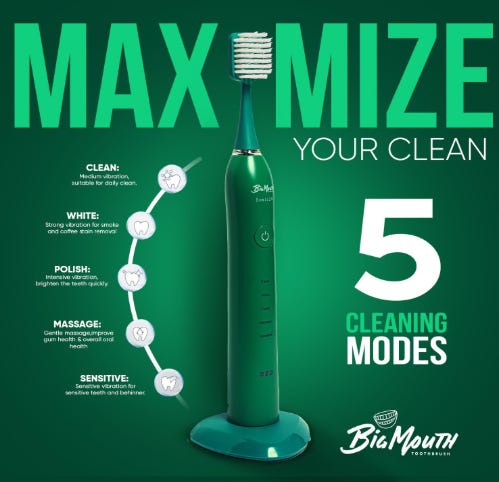Police harassment: I’ll never understand the upside of CompStat
Racial profiling affects mental health as much as physical health

This post is part of a series entitled “BlackTechLogy.” Click here for the archived posts.
If you had 24 hours to live, just think
Where would you go?
What would you do?
Who would you screw?
And who would you wanna notify?
Or would your ass deny that your ass about to die?
In Mase and Diddy’s collaboration “24 Hours to Live,” this question sounds intriguing. Even in movies like “Contagion” and shows like “The Walking Dead,” it’s a conversation starter and fun to watch. In real life though, the average person does not want to constantly be reminded that the odds are against him. So can you possibly imagine what it’s like to have four people (two police officers included) show up to your door to tell you that an algorithm built by the Chicago Police Department predicted that you will be involved in a shooting?
They can’t quite tell whether you’d be the shooter or the victim of a shooting, but based on your proximity to known shooters and shooting casualties, they’re pretty confident it’s only a matter of time for you. To try to predict which side of the coin you’re on, they’re following you everywhere you go, even while you’re at work. The neighborhood thinks you’re a snitch. The cops think you could possibly be a criminal. And you have no way of living your life like a normal person because both are pretty much treating you like the enemy.
ADVERTISEMENT ~ Amazon
As an Amazon affiliate, I earn a percentage from purchases with my referral links. I know some consumers are choosing to boycott Amazon for its DEI removal. However, after thinking about this thoroughly, I choose to continue promoting intriguing products from small businesses, women-owned businesses and (specifically) Black-owned businesses who still feature their items on Amazon. All five of my Substack publications now include a MINIMUM of one product sold by a Black-owned business. (I have visited the seller’s official site, not just the Amazon Black-owned logo, to verify this.) If you still choose to boycott, I 100% respect that decision.

According to a real-life story of Robert McDaniel, reported on by The Verge, The Chicago Tribune and the Journal of Experimental Criminology, this actually happened. The 28-minute read on The Verge is long but worth the read. The short version is he ended up being shot two times by people he knew because they simply couldn’t trust him, or all of the extra police attention he was getting. Meanwhile the police charged him with possession after his employer opened a work safe, per police request, to find marijuana and rolling papers inside. Imagine having enemies at both ends, and there’s not much you can do about it.
Recommended Read: “If Bloomberg wins, I write in another candidate ~ Why my first time being racially profiled put me in the #NeverBloomberg campaign”
While the goal for programs like Chicago’s CompStat and Los Angeles’ “Operation LASER,” along with similar data and community programs, was to fight crime, they were unapologetically harassing anyone who could be considered a factor. I’m no stranger to being profiled, whether it was on my way to school, buying beauty supply items or shopping for groceries in Target. There’s no question in my mind that me being a woman may have made me luck out more times than not, but being black made me irrationally suspicious to a particular group.



